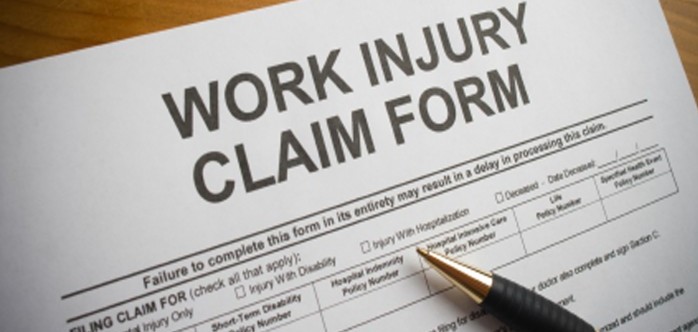Most food truck kitchens require more than a single set of hands to keep up with customer orders. Because of this it’s almost a necessity for most starting a food truck business to hire food truck employees before you hit the streets. These steps will help you start the hiring process and ensure you are compliant with key federal and state regulations.
How To Employ Your First Food Truck Employees:
Obtain an Employer Identification Number (EIN)
Before hiring your first first food truck employees, you need to get an employment identification number (EIN) from the U.S. Internal Revenue Service. The EIN is often referred to as an Employer Tax ID or as Form SS-4. It is necessary for reporting taxes to the IRS. In addition, the EIN is necessary when reporting information about your employees to state agencies. You can apply for an EIN online or contact the IRS directly.
Set up Records for Withholding Taxes
According to the IRS, you must keep records of employment taxes for at least four years. Keeping good records can also help you monitor the progress of your food truck business, prepare financial statements, identify sources of receipts, keep track of deductible expenses, prepare your tax returns, and support items reported on tax returns.
Below are three types of withholding taxes you need for your business:
- Federal Income Tax Withholding. Every employee must provide an employer with a signed withholding exemption certificate (Form W-4) on or before the date of employment. The employer must then submit Form W-4 to the IRS.
- Federal Wage and Tax Statement. Every year, food truck employers must report to the federal government wages paid and taxes withheld for each employee. This report is filed using Form W-2, wage and tax statement. You will need to complete a W-2 form for each employee who you pay a salary, wage or other compensation. Employers must send Copy A of W-2 forms to the Social Security Administration by the last day of February to report wages and taxes of your employees for the previous calendar year. In addition, you should send copies of W-2 forms to your employees by Jan. 31 of the year following the reporting period.
- State Taxes. Depending on the state where your employees are located, you may be required to withhold state income taxes.
Employee Eligibility Verification
Federal law requires employers to verify an employee’s eligibility to work in the United States. Within three days of hire, employers must complete Form I-9, employment eligibility verification. It requires employers to examine documents to confirm the employee’s citizenship or eligibility to work in the U.S. Employers can only request documentation specified on the I-9 form.
Employers do not need to submit the I-9 form with the federal government but are required to keep them on file for three years after the date of hire or one year after the date of the employee’s termination, whichever is later.
Food truck vendors can use information taken from the Form I-9 to electronically verify the employment eligibility of newly hired employees by registering with E-Verify.
Register with Your State’s New Hire Reporting Program
All employers are required to report newly hired and re-hired employees to a state directory within 20 days of their hire or rehire date. Visit the New Hires Reporting Requirements page to learn more and find links to your state’s New Hire Reporting System.
Obtain Workers’ Compensation Insurance
All businesses with employees are required to carry workers’ compensation insurance coverage. It must be through a commercial carrier, on a self-insured basis or through their state’s Workers’ Compensation Insurance program.
Post Required Notices
Employers are required to display posters in the workplace:
- Inform employees of their rights.
- Employer responsibilities under labor laws.
File Your Taxes
Employers who pay wages subject to income tax withholding. Social Security and Medicare taxes must file IRS Form 941, Employer’s Quarterly Federal Tax Return. If you do not have an accounting background or don’t feel confident in filing your food truck business taxes, be sure to reach out to a professional for assistance when hiring your first food truck employees.
RELATED: The Complete Human Resources Guide For Food Trucks
The Bottom Line
Unless you plan your truck as a one person show, you will need to hire employees. If you have any steps we may have missed for hiring food truck employees, please feel free share them in the comment section, our food truck forum or social media. Twitter | Facebook
Do you have any open food truck jobs? Post them at Food Truck Jobs.




